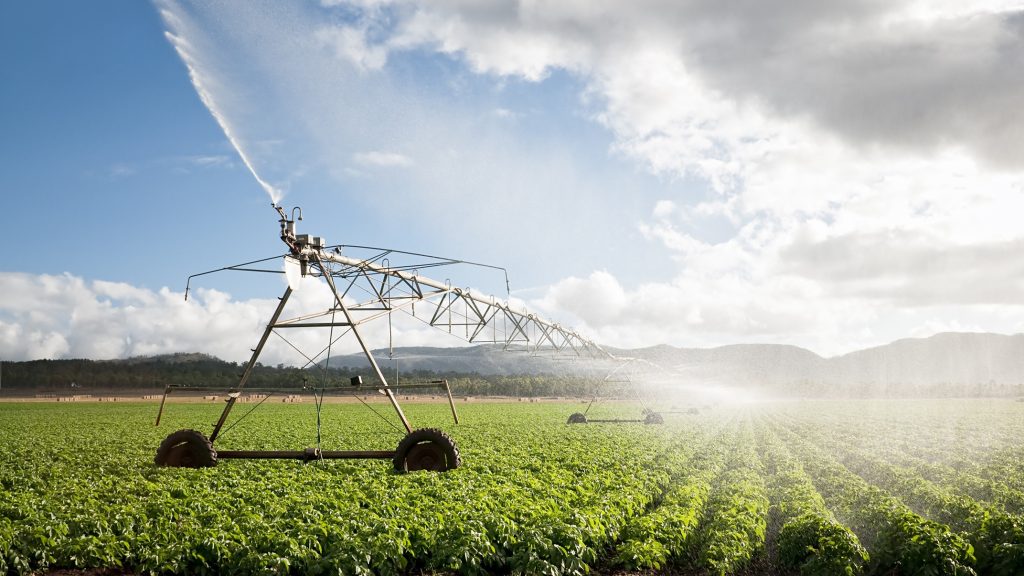European Commission publish first set of European Sustainability Reporting Standards (ESRS)

On June 9, 2023, the European Commission published a draft Delegated Act (DA). It includes a first set of European Sustainably Reporting Standards (ESRS), with a period of consultation that ends on July 7. How does this fit into the Corporate Sustainability Reporting Directive (CSRD), and what are the key points to note from these draft standards?
CSRD: The story so far
The CSRD imposes significant reporting requirements on companies affected by the European Green Deal. It will increase the number of companies that need to report their sustainability efforts to the EU. The CSRD also amends existing Non-Financial Reporting Directives (NFRD) and sets out how companies must prepare an ESG report for submission.
The Commission has now published its draft DA for a full consultation. Once the Commission has reviewed the results of this consultation, the DA will be adopted and sent for scrutiny by the European Parliament and Council. Unless these bodies choose to veto the DA, it will come into force in September, with standards applying from January 1, 2024.
Key points from the draft standards
There are some significant revisions to the draft standards, which cover the information companies have to report per the Accounting Directive. It also affects the information that financial market participants must submit to comply with their disclosure obligations under the Sustainable Finance Discloses Regulation (SFDR).
There are 12 proposed ESRS, as follows.
Two sets of crosscutting ESRS
The first set covers general requirements and talks about double materiality, the value chain, and how to prepare and present any sustainability information. This set of standards is sector-agnostic and applies to all organisations under the scope of the CSRD, regardless of the sector they work in. Sector-specific standards are likely to be adopted by June 2024, so EFRAG can help companies implement the first set of standards in the meantime.
The second set covers general disclosures. This includes advice on governance, strategy and impact, risk and opportunity management, metrics and targets.
Five ESRS cover environmental disclosure
These drafts talk about climate change, water and marine resources, pollution, biodiversity and ecosystems, resources, and the circular economy.
Four ESRS discuss social disclosures
These drafts cover workers in the value chain, the workforce within the host organisation, affected communities, end users and consumers.
One ESRS focuses on governance
This covers how an organisation conducts its business. An additional annexe sets out a list of acronyms and a glossary of definitions used in the ESRS.
Why the need to change?
Many companies were concerned by the first set of draft standards submitted by EFRAG in November 2022. They felt that the disclosure requirements were too challenging and sought additional guidance to help ensure consistency between the CRSD and existing EU legislation. They also felt that the standards could impose a significant reporting burden, especially for those organisations that were now required to report for the first time.
What are the proposed changes?
Adding materiality
All disclosure requirements and data points within each standard will be subject to a materiality assessment, except those disclosure requirements covered in the “General Disclosures” standard.
Phasing-in
An undertaking with fewer than 750 employees may no longer meet Scope 3 GHG emissions data and the disclosure requirements detailed in the standard on its workforce for the first year they apply any standards. Companies can also freeze disclosure requirements specified in the standards on their value chain workers, affected communities, consumers and end-users for the first two years they apply them.
Every undertaking may omit certain information in the first year they apply the standards. These may include certain data points that relate to their own workforce (such as work-related ill-health or work/life balance) and anticipated financial effects related to non-climate environmental issues (such as water, resource use, biodiversity and pollution).
Changing certain discloses to voluntary
Some mandatory data points proposed by EFRAG will now become voluntary. These will include indicators about “nonemployees” within the workforce, biodiversity transition plans and any explanation for why the company may consider a specific sustainability topic nonmaterial.
Adding flexibilities
The Commission will introduce new flexibilities related to some mandatory data points and modify data points around bribery and corruption. This change may affect the protection of whistle-blowers, where the disclosure may have infringed on the right not to self-incriminate.
Modifying technical rules
Certain technical modifications help ensure coherence with the EU legal framework and interoperability with global standard-setting initiatives.
Other points to note
The Commission has not changed the EFRAG recommendations about climate transition plans. It has also clarified that the requirements relating to action plans, policies, targets, scenario analysis, and transition plans will depend on whether the undertaking possesses these in the first place. If a transition plan is not in place, the undertaking should indicate whether or when it will adopt it.
Within the draft DA, the Commission introduces an interpretation mechanism that formally interprets the standards. It also asks for additional guidance to be published by EFRAG around the materiality assessment process.
How HLB can help
The reaction to these proposed changes is mixed. Some companies are grateful that the draft DA may reduce regulatory reporting burdens. Others, especially financial market participants, are worried that they will now find it harder to get the information they need from investee companies to comply with the various requirements.
Still more organisations feel that they are being overwhelmed by new regulations and do not have the time and resources to catch up or figure out the next step.
If you feel so affected by the draft, please get in touch with HLB for our help. We provide sustainability and CSR advisory services and will be delighted to help you comply with these upcoming reporting standards.
Related content






